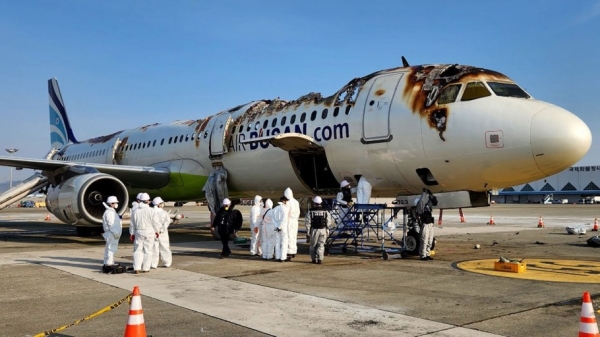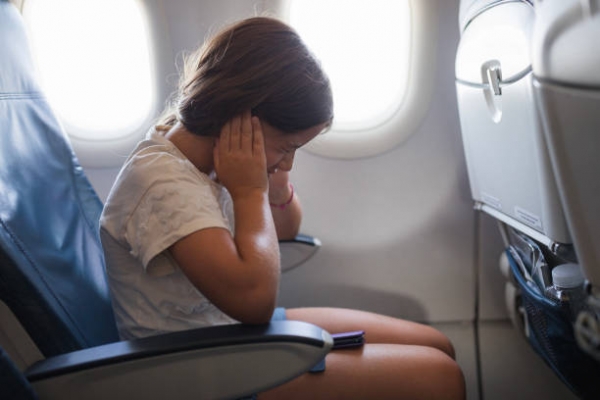
On Dec. 29, 2024, an aircraft attempting to land at Muan International Airport skidded off the runway. This accident resulted in the death of all passengers on the plane. A month later, on Jan. 28, a fire broke out at Gimhae International Airport, where the tail of an aircraft waiting for takeoff on the runway caught fire. On Jan. 29, an accident also occurred in Washington, USA, when a small passenger plane collided with a military helicopter in the sky, causing both aircraft to crash and killing all on board. Then, on Jan. 31, a small passenger plane with six people on board crashed into a downtown area in Philadelphia, Pennsylvania, USA.
Recently, various aircraft accidents have occurred both domestically and abroad, leading to an increase in cases where people planning overseas trips are canceling their flight bookings. Many also change their overseas travel plans to domestic trips to avoid flying. This shift is due to growing anxiety about flying, caused by the shock of these accidents. Experts suggest that these rare but significant accidents are spreading aerophobia among the public, and it is predicted that this trend of avoiding air travel may last for up to six months.
The anxiety surrounding air travel is particularly prevalent among passengers flying with low-cost carriers (LCCs), as both accidents in Korea involved LCC flights. According to data from the Ministry of Land, Infrastructure, and Transport’s aviation portal system, the passenger transport performance of LCCs significantly dropped in the 26 days before and after the Jeju Air incident, compared to that of major airlines. Specifically, major LCCs such as Jeju Air, Jin Air, and T’way Airlines saw declines of 29.3%, 10.4%, and 5.6%, respectively, while major airlines like Korean Air and Asiana Airlines saw a decrease of about 2%. Typically, there is an increase in demand for flights during the Lunar New Year period, but LCCs experienced a decrease, while the two major airlines saw a slight increase.

The aerophobia is not confined to Korea. According to CNN, aerophobia is one of the most common phobias, affecting more than 25 million adults in the US. It mostly affects people between the ages of 17 and 34, which is when major life changes such as graduation, marriage, and having children occur. Many people worry that a plane accident during such an important time in their lives could endanger them.
People with aerophobia may experience symptoms such as rapid heartbeat, trembling, sweating, dizziness, nausea, shortness of breath, chest pain, and vomiting before or during a flight. They may also engage in avoidance behaviors, like canceling flights, not taking vacations or business trips, or repeatedly seeking reassurance about travel safety. If these symptoms persist for more than six months, the condition is considered aerophobia, not just flight anxiety. Trauma from natural disasters or severe car accidents can contribute to the development of aerophobia. Additionally, exposure to videos or images of aviation accidents through social media can intensify the fear. Children with parents who have aerophobia may also develop the fear themselves, often inheriting it from their parents.
Overcoming aerophobia is not difficult; even severe cases can improve with 8 to 10 weeks of treatment. Techniques such as meditation, deep breathing, muscle relaxation, or calming music or videos can help distract from anxious thoughts and make flying more comfortable. Dr. Gail Saltz, a psychiatrist, stated, “You are much more likely to die in a car accident, get hit by a car while crossing the street, or even be struck by lightning than to die in a plane crash. And you get in your car or cross the street every day.”
Aviation experts say that airlines, including LCCs, need to make efforts to restore trust by conducting thorough safety inspections. They emphasize that measures are needed to go beyond recovering aircraft accidents, such as strengthening aircraft safety regulations and expanding maintenance personnel. They point out that the management of items with a risk of explosion or fire, such as auxiliary batteries, should be further strengthened to prevent aircraft fire accidents.


